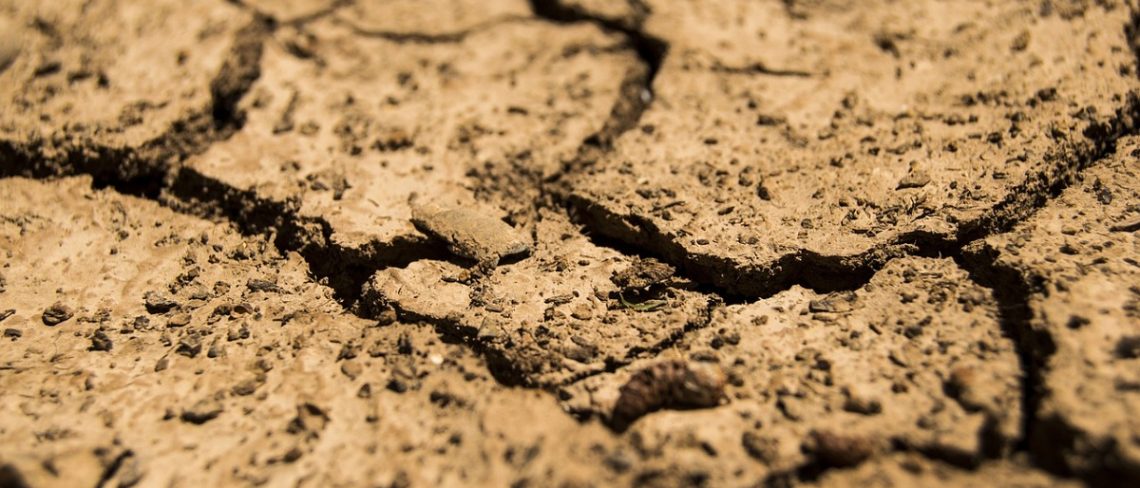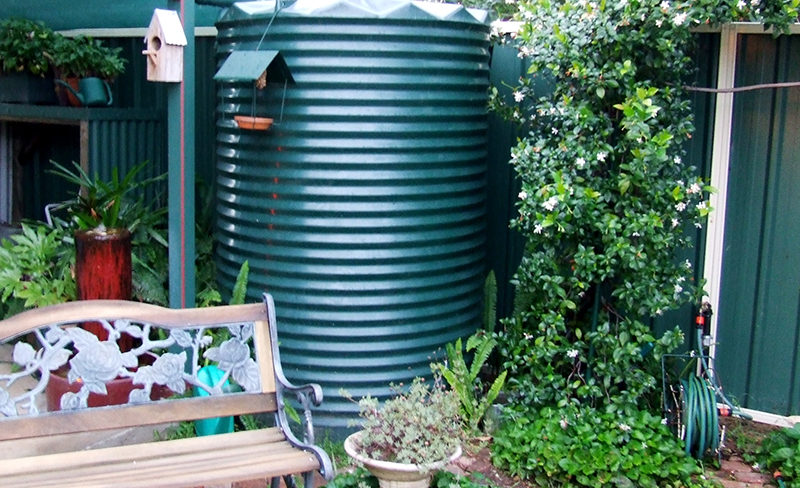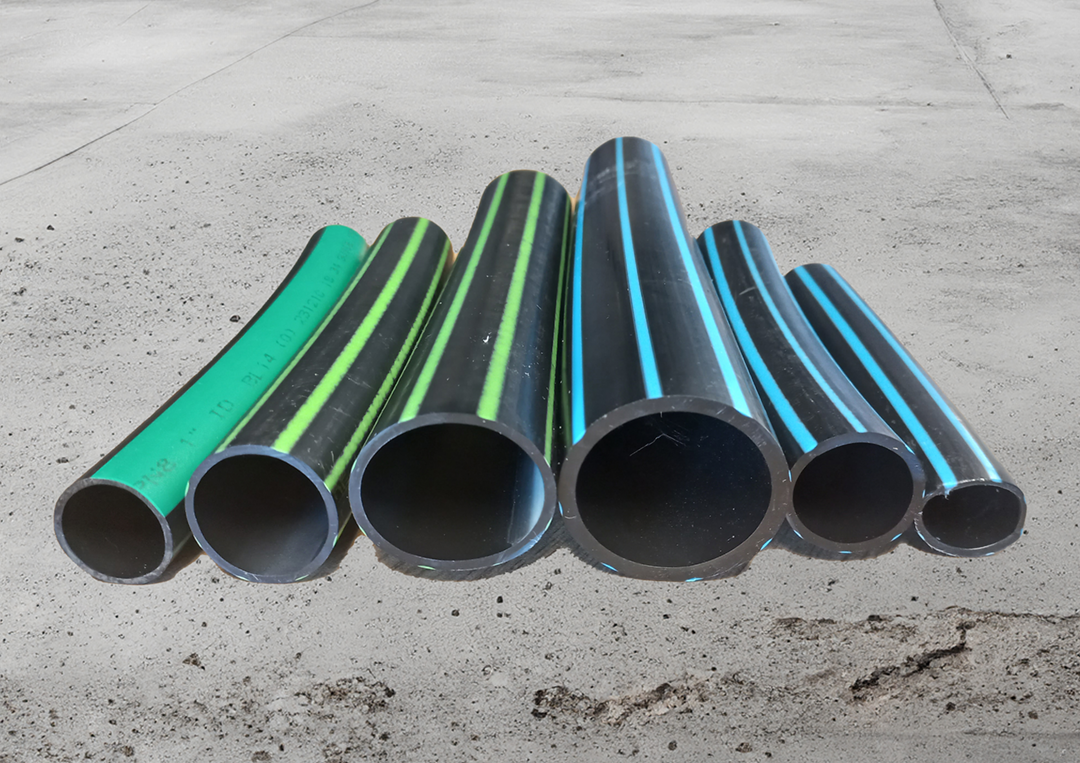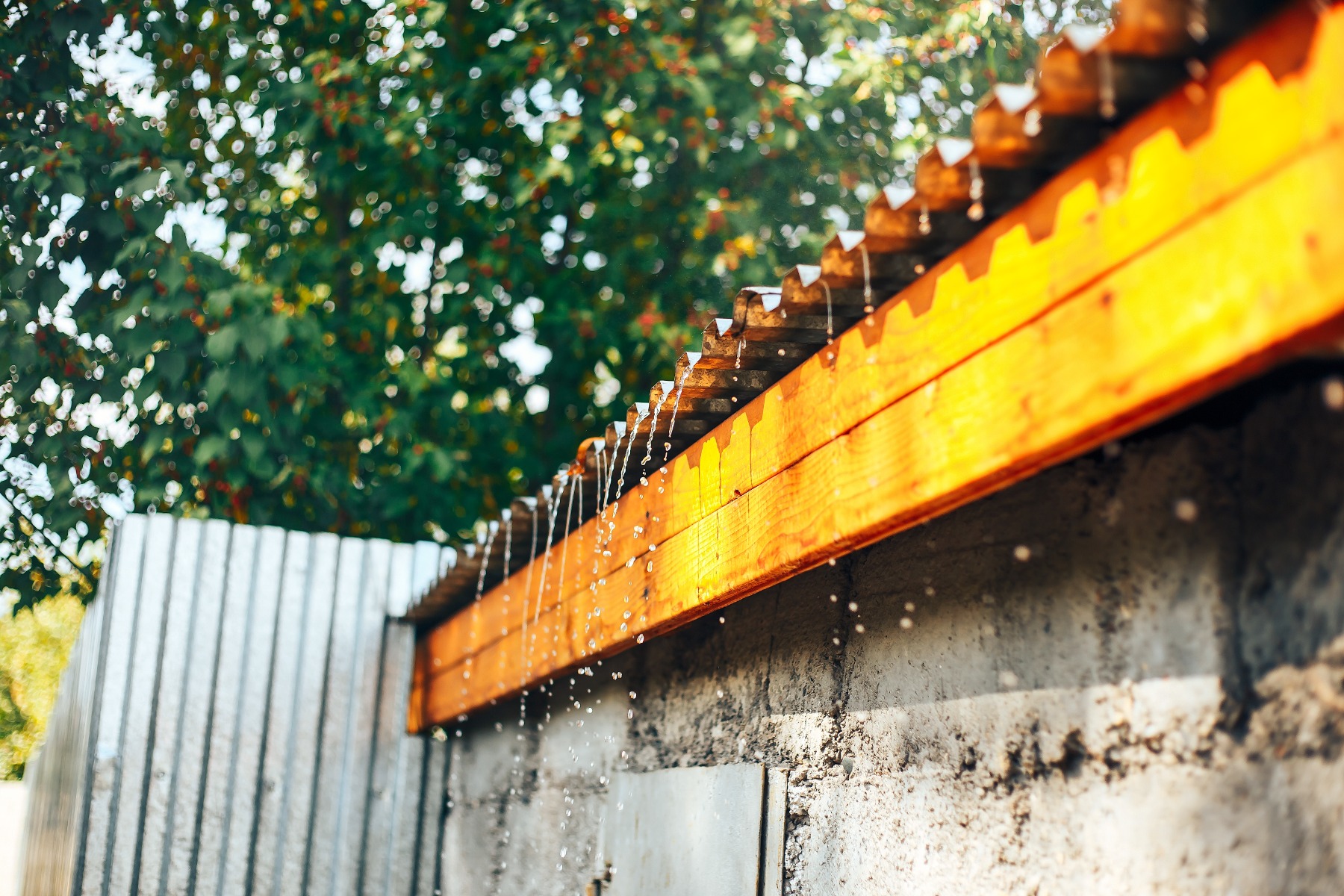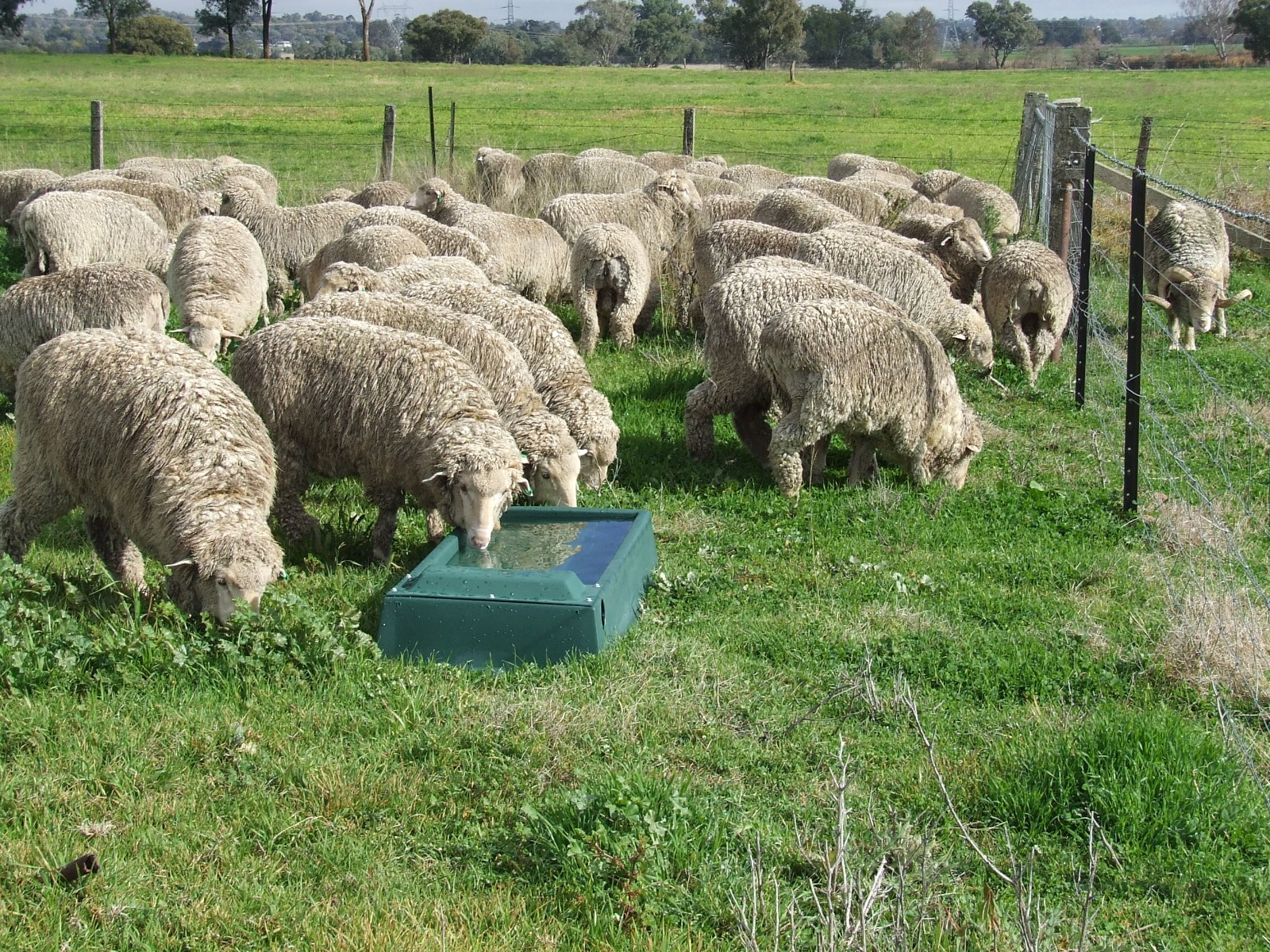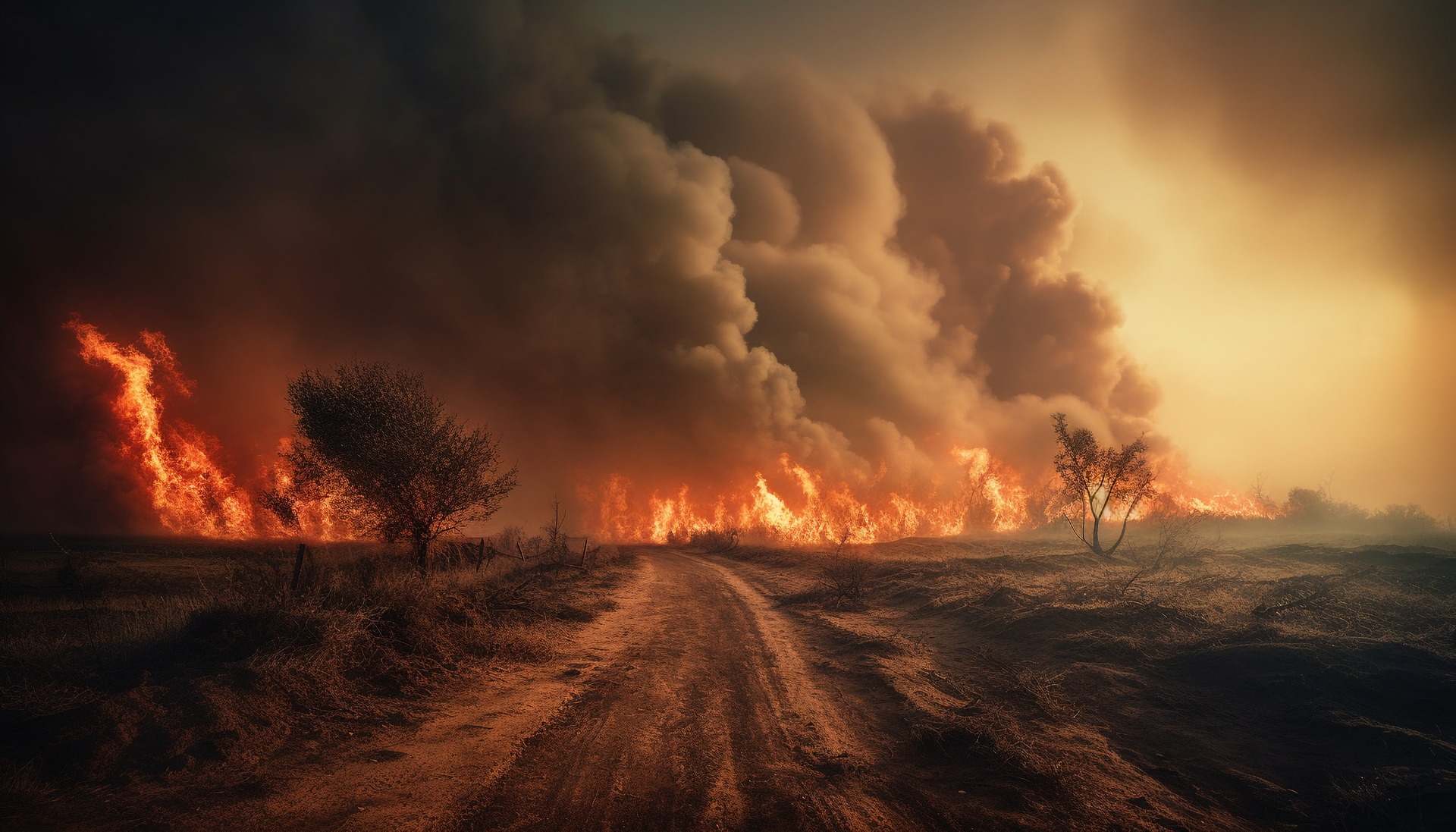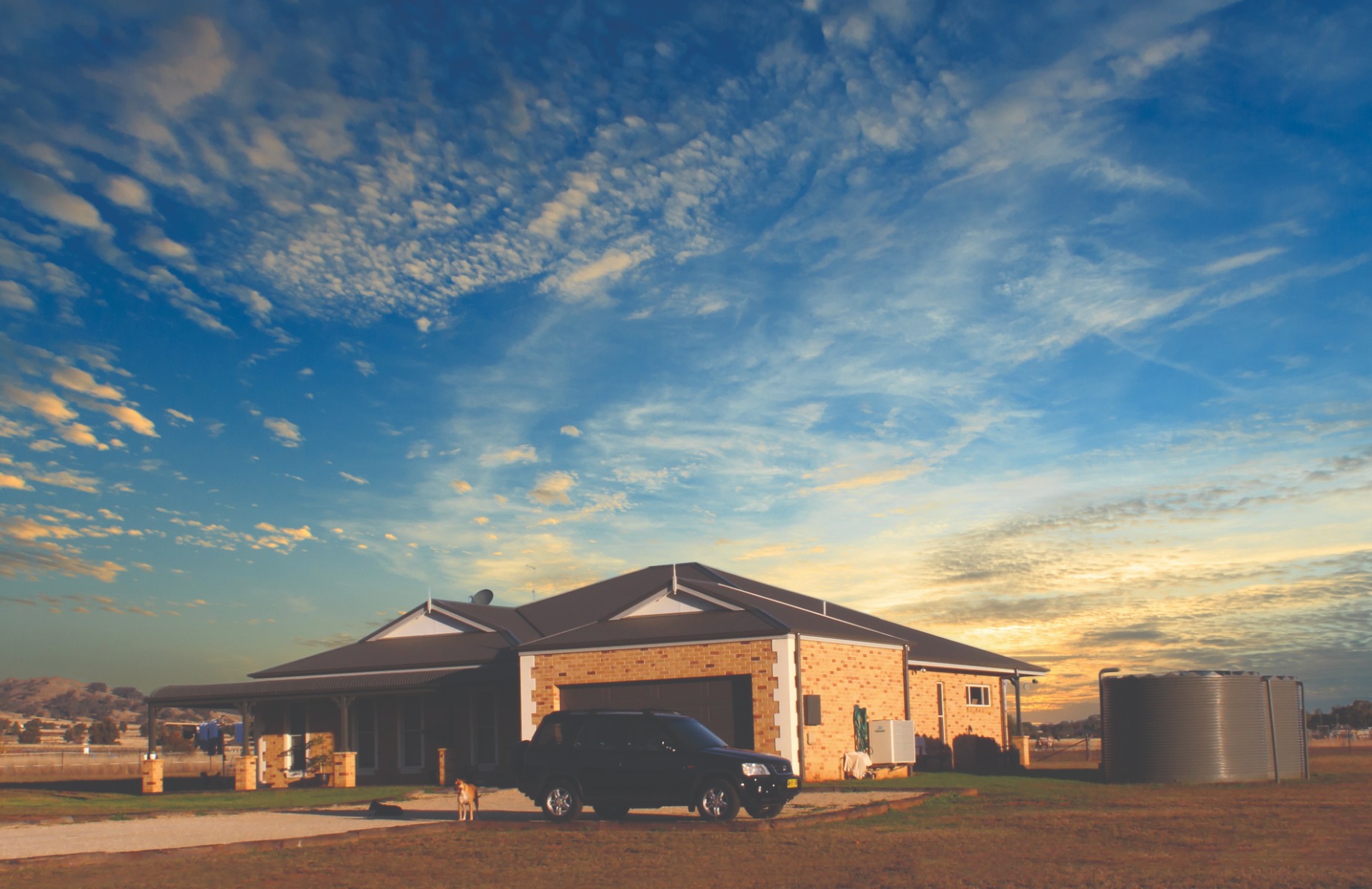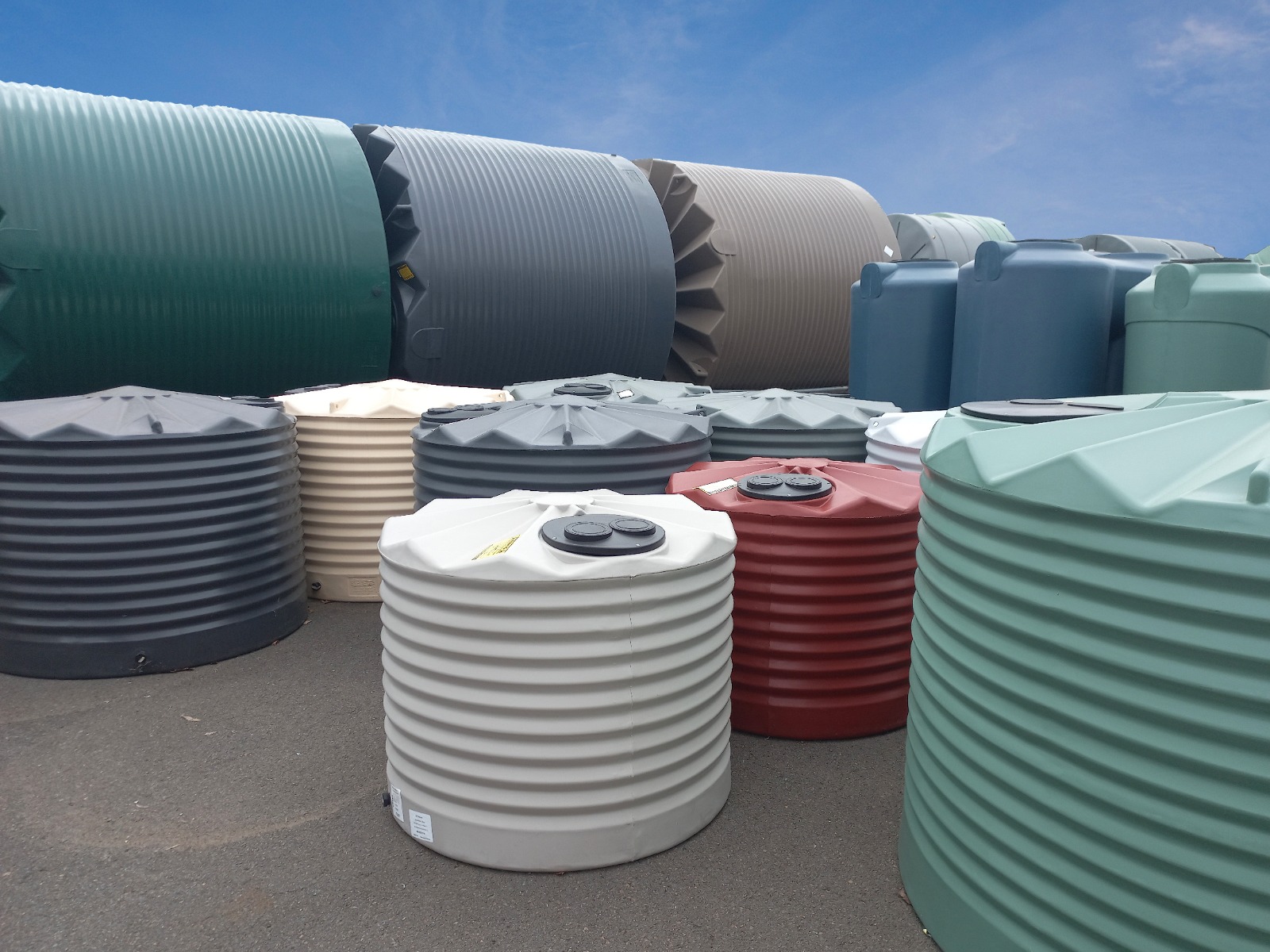This year’s high temperatures have made 2018 NSW’s driest year since 1965. Our drier than expected winter has left many farmers with failing crops, limited water supplies and declining livestock feed. Many locals say this is New South Wales’ worst drought since 1902.
In areas such as Coonabarabran, Coolah and Mendooran, water restrictions are already in place. Some towns have a level 6 water restriction, limiting them to two full loads of laundry a week and three-minute showers. Businesses are banned from washing commercial vehicles and can only use reclaimed water for public gardens and bowling greens.
Wildlife in NSW is greatly affected as well. In Sydney, flocks of parrots set up home in the capital’s parklands as they struggle to find new sources of food. Being well-watered and fertilised, Sydney’s parklands provide parrots with relatively abundant amounts of fruits and seeds to feed on.
Battling a Crippling Drought
The drought has left many farmers and business owners devastated.
Orchadier Lynette Rideout tells 9 News that she can no longer sustain her drought-hardy Christmas trees. She has no choice but to leave them to die. Even if temperatures and the weather become fairer, it will take years for her trees to grow and her business to recover. Local charity Dilly Drought Drive donates some water to Orchadier’s orchard but the quantity is not enough and she is keeping her reserves in case bushfires break out.
In NSW’s central-west region, farmers are importing livestock feed as far away as South Australia. Mixed sheep and cattle farmer Robert Taylor is struggling to keep his family afloat and his livestock alive. He is currently shearing sheep, but with the amount of money needed to feed his livestock, his family has no income.
The NSW government is continuously reassessing the aid it is providing to better help NSW’s struggling farmers. Aside from a pledged $1billion, the government has put in provisions to allow farmers to invest in infrastructure to store feed, and to secure low-interest loans. The government is also allotting $6.3 million to help farmers suffering from mental health issues.
Cultivating Positivity
Amid the dire circumstances, locals are finding means to stay positive and help each other.
Farmer Cassandra McLaren started a Facebook page named One Day Closer to Rain to give locals a venue to talk about what they are going through and give each other support. Today, the group has over 14,000 members with many people wanting to offer their support. Through the page, farmers in need of hay or other means of income have been given aid.
Schools have been very creative in helping students cope. Extracurricular activities such as plays, woodwork and wall-painting have been provided to give students a project to focus on and help them stay positive. In Trundle Central School, Principal John Southon has upgraded the school showers and opened them to the community to let his students and family wash. He also brought in a therapy dog for the children’s wellbeing.
There are also numerous individuals and private groups collaborating to help in NSW. Organisations such as Buy a Bale of Hay, Drought Angels, Rural Aid Australia and Lions Need for Feed are all doing their part to help NSW.
Supporting Local Communities
Rapid Plas has been supporting NSW’s local communities for over 25 years. Our team comes to work with the aim of helping regional communities solve water management needs. For questions on our water tanks and livestock feeding solutions, contact us today.


